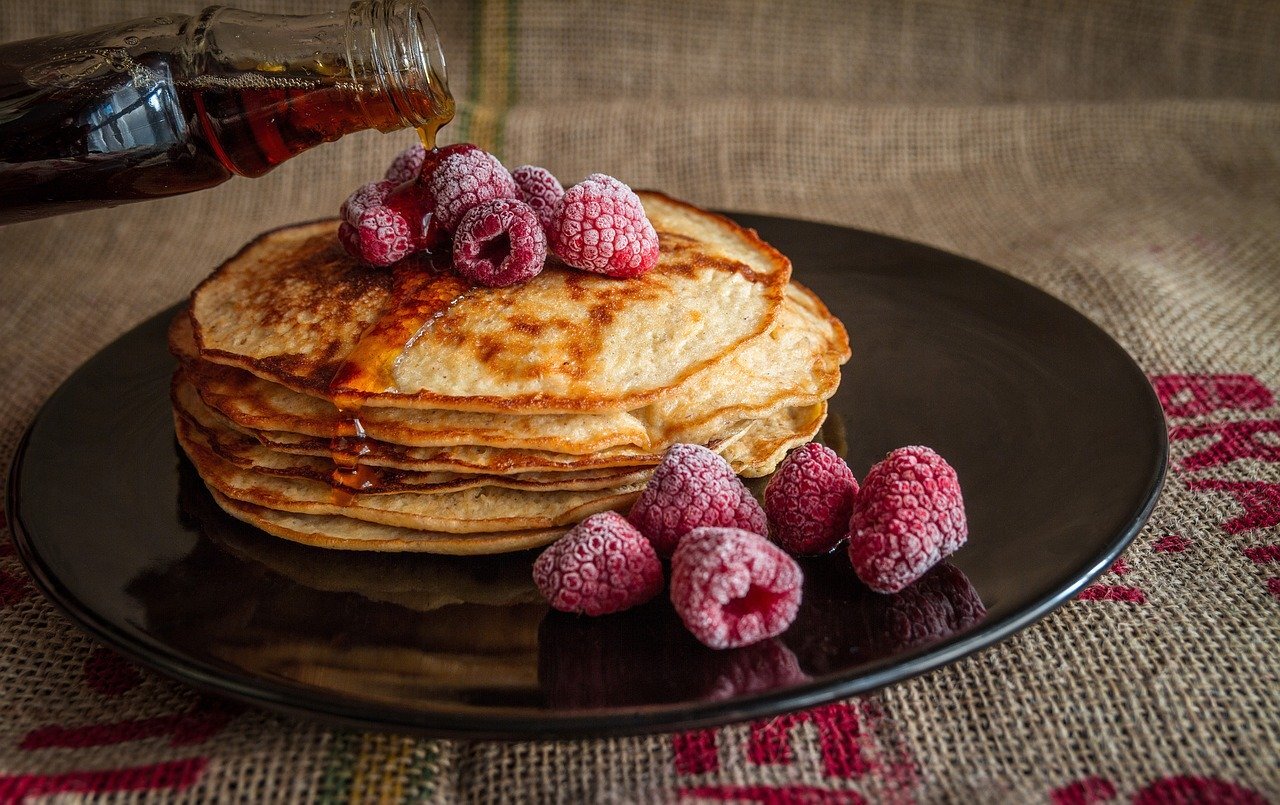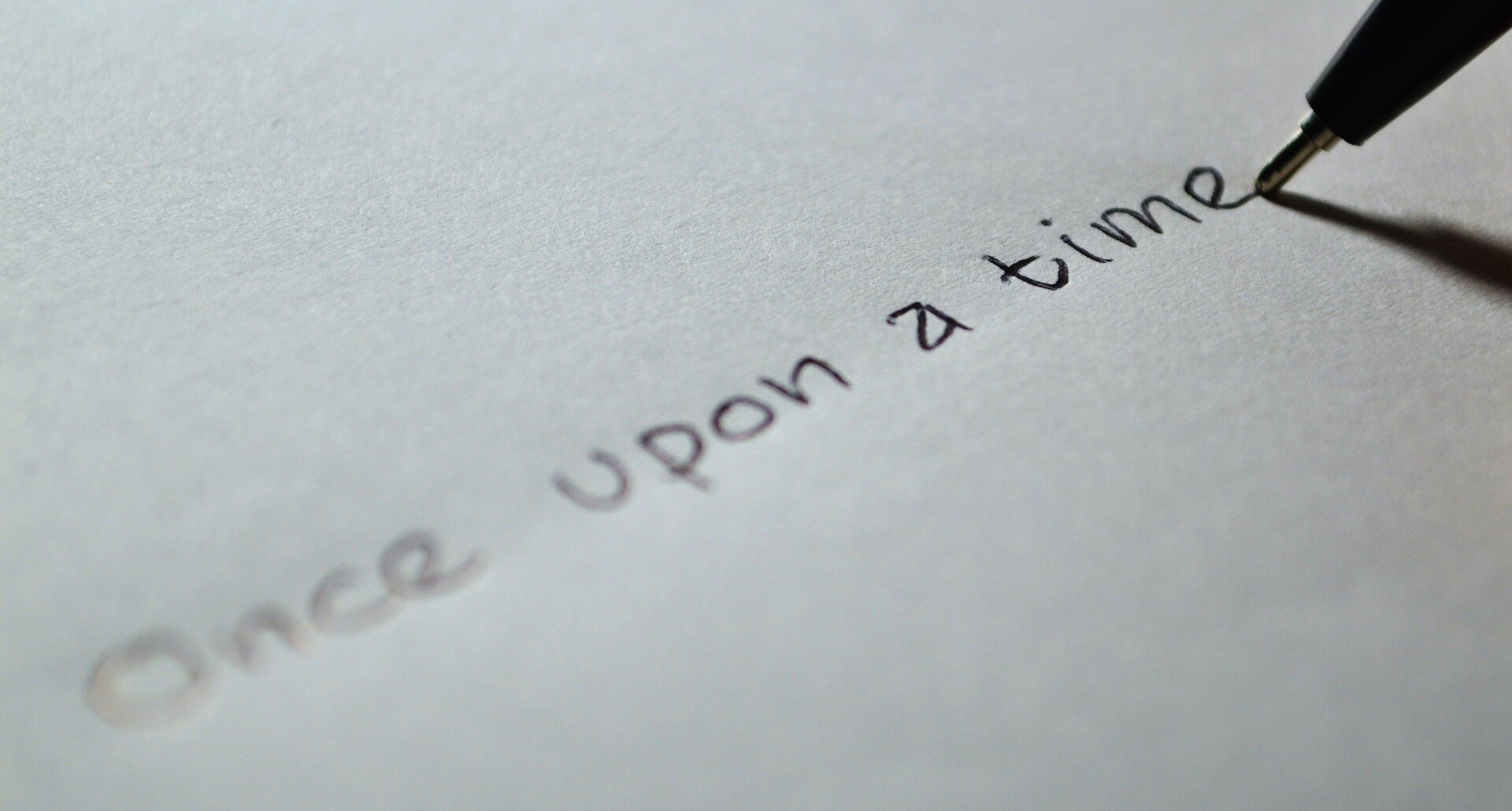5 Ways to Incorporate Family History Naturally at Home
Guest Post by Stacy Clarkson
1. ACTIVITIES
When possible, go places your ancestors lived. Visit their hometown, their old house, and their old school. If you can’t go to those places, then try activities your ancestors enjoyed. Go swimming to celebrate your grandma who loved to swim. Teach your kids the old school yard games of jacks, marbles, jump rope, or hopscotch. Play stickball. The possibilities here are endless. One time we ate a picnic lunch while watching a crane build a skyscraper. While we watched, I told the kids about my great grandfather who was a crane operator in Chicago and how much he loved his job.
2. FOOD
Try recipes from a country of origin of your ancestors. While you are eating the meal, tell your kids about your ancestor who probably ate something like this in the “olde” country. Real family recipes, handed down through the generations, further personalize this idea. This is also a great way to get kids to try different foods. For example, my great grandfather loved peach cobbler. This wasn’t a regular dessert in our home, but when I made it and told the kids about this Grandpa - who was mayor in a small town that was known for its peaches - they were so much more interested and willing to try.
3. STORYTELLING
Bedtime stories of your ancestors are a great change of pace from “Hop on Pop.” (Bonus - if you tell the stories in your own words, instead of reading, because you can turn out the lights. Kids might fall asleep faster in the dark!) Start the story off with “Once Upon a Time,” and “in a kingdom far far away,” but finish it by telling them that this story really happened! Then tell them who the story was all about. A variation of this is reading an ancestors journal or history while on a long road trip. A captive audience is a great thing!
4. HOLIDAYS
Personalize the holidays. Tell stories of the veterans in your family on Veterans or Memorial Day. Tell the romantic love stories of your ancestors on St. Valentine’s Day. Celebrate your Irish ancestors on St. Patrick’s Day. We have a patriot in our family tree who fought against the redcoats at Concord. We celebrate him and tell his story on the 4th of July. This doesn’t have to be a major production. You can just tell the story around the breakfast table or while driving to the fireworks. It will be so much more meaningful when they put that potted mum on a gravestone if they know something about that person.
5. TEACHING MOMENTS
Take advantage of teaching moments that come along. If you know your family history, these stories can come to your mind and you will be able to share them with your kids when the moment is right. These stories can give your children a sense of identity, personal value, and courage. Using the right stories at the right time can encourage your children to get through tough times - just like their ancestors did. When a child of mine was struggling to change a bad habit, I told her about my grandmother who entered rehab after struggling with alcoholism for more than 40 years. I was even able to give her one of grandma’s AA tokens to remind her and give her courage. But, those teaching moments don’t only come during times of crisis. They are everywhere. Whenever we are stopped at a train crossing, I love to share the story of my grandfather. He traveled by cattle car to get to another state during the Great Depression. He had a scholarship for medical school but no money for travel expenses. I also remind them of this story when they complain about how hard school is. It is our family’s version of walking uphill in the snow to and from school!
I am afraid that sometimes we think that involving our family in family history has to be time consuming and exhausting. If we think that way we are far less likely to do it. And that would be sad indeed.
Stacy Clarkson is mother to 6 and grandma to many. She has enjoyed family history her whole life. Her mother was an anthropologist by trade. Her love of peoples and cultures began at home as her mother shared stories and memories of her ancestors. Stacy finds great joy in keeping her family narratives alive.






